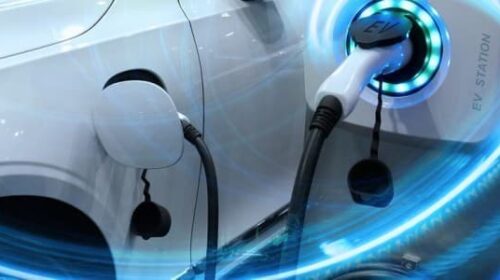Range anxiety is among the main reasons why people do not buy electric vehicles (EVs). However, a study conducted by researchers from Oregon State University claims that solar-powered EV charging stations could address that issue.
Researchers, Casey L. Steadman, and Chad W. Higgins found out that solar power-based EV charging infrastructure near rural highways can encourage people to shift to EVs. Their hypothesis is that rural areas are devoid of EV charging stations, hence the reluctance among residents to buy EVs.
PAC Calls for a Reduction in Fuel Prices: Report
People’s reliance on conventional fuel is destroying the environment more rapidly than initially anticipated. The study found that solar-powered charging stations — if made a part of the state infrastructure — can minimize range anxiety and boost EV sales.
The study sampled 231 rural highway access sites with enough land area and sunlight to accommodate solar-power systems. It determined that Oregon demands 12,000 acres of land that will support a solar power-based EV charging infrastructure near highways.
It claimed that the carbon content will be reduced by about 3.1 million tons from the environment, or by the equivalent of 673,915 vehicles, based on the aforementioned statistics.
The study added that the project would require 3 percent of the total land supply for the installation of solar panels that will supply energy to 86 percent of rural highway charging station sites on the rural highways.





